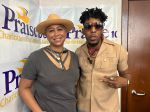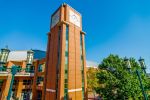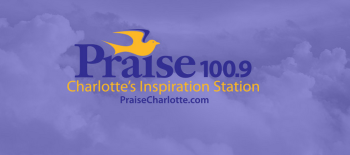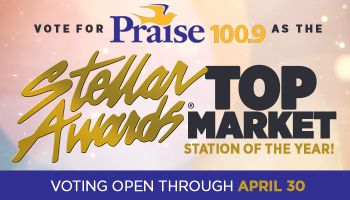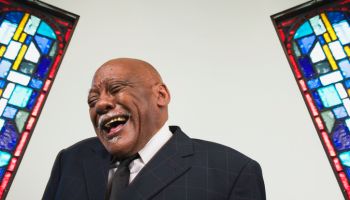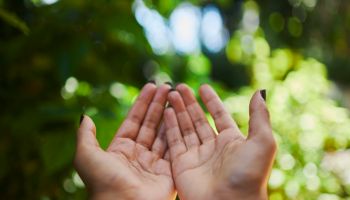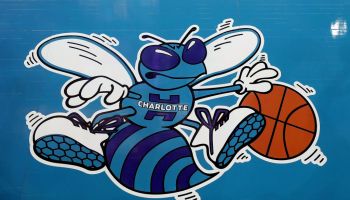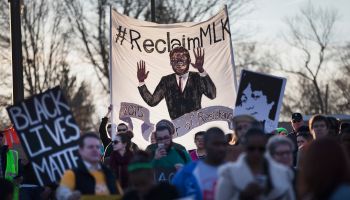How did you discover Dr. King?
The neighborhood I grew up in had a community center named after Dr. Martin Luther King Jr. I knew about him before I was six-years-old because of it. It was founded in 1967. Ironically, I attended the MLK Center as a youth
and became its Executive Director at the age of 26, the same age he was when he led the Montgomery Bus Boycott.
Which of his words from I have A dream means the most to you?
“….even though we face the difficulties of today and tomorrow, I still
have a dream. It is a dream deeply rooted in the American dream…”
Martin would take us straight to the constitutional roots of our country following
this line. It suggests the difficulties of a true democracy, but still
provides the hope of chasing a vision for equality that exhibits the true
creed of our country. It also highlights his visionary thinking combined
with a realism about how attainable his vision for the country was and is.
Where would you take him today that most reflects his hopes in that speech?
Why? I would take him to Freedom Park on a Saturday afternoon to see the
children of all backgrounds play on the swings, train, and sandboxes. I
would want him to see the possibilities of his dream, though we still would
have so far to go to reach his vision.
Where did you first hear the I have a dream speech and how did it
make u feel?
The first time I heard it in its entirety, was as a pre-teen. I had to
memorize parts of it for a play during Black History Month. Dr. King’s
speech and cadence sounded familiar to me as a young man who grew up in a
predominantly Baptist African American church. Our pastor was from Georgia
and had many of the same speech patterns.
Is the dream still inspiring to you today? If so, why?
It is still inspiring because it provides the greatest vision for America’s
notions of freedom and democracy. It is what makes me most proud to be an
American. It symbolizes the struggle we all have to define what it is to be
American and attempt to live up to it.
Which part of the dream is most unfulfilled today? What can we do to fix
that?
We now have the greatest disparity in wealth in our history. You see this
most across ethnic lines. In the Urban League of Central Carolinas’ book,
Faces of Reality: The State of Ethnic Charlotte, you see a clear picture of
disparities in terms of economics, education, health, and social justice.
These disparities hurt our chances for competitiveness in a global economy
with way too much wasted human capital.
We must restructure our education system to better match our global economy
and invest more in communities affected by disparity. Entrepreneurship and
financial literacy are also critical and must be part of our K-12 and
college curriculums.
Just as important, we must educate the public more on policies and get them
educated enough to make sound decisions at the voting polls. Getting a
better informed electorate and individuals to the polls is crucial.
Patrick Graham is the executive director of the Urban League of the Central Carolinas.





